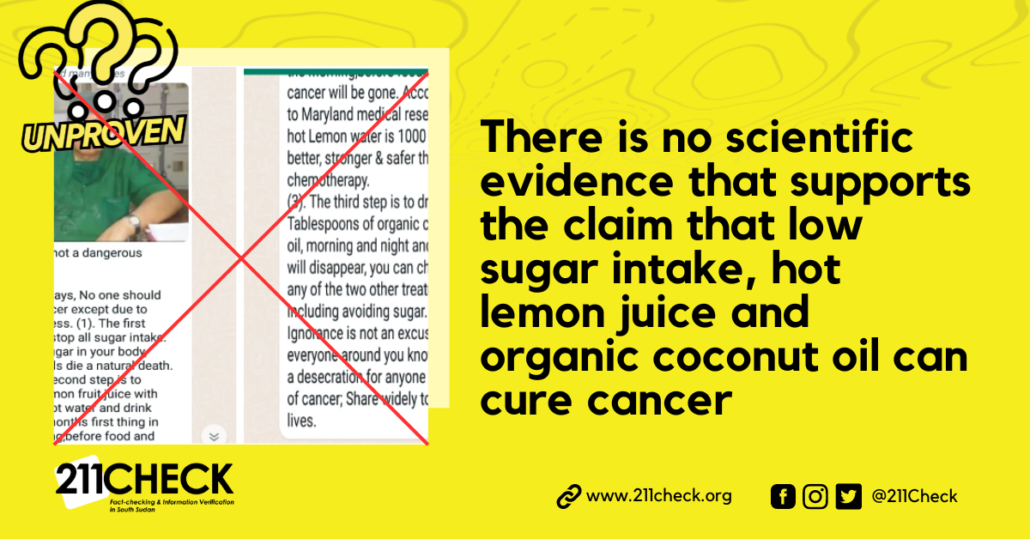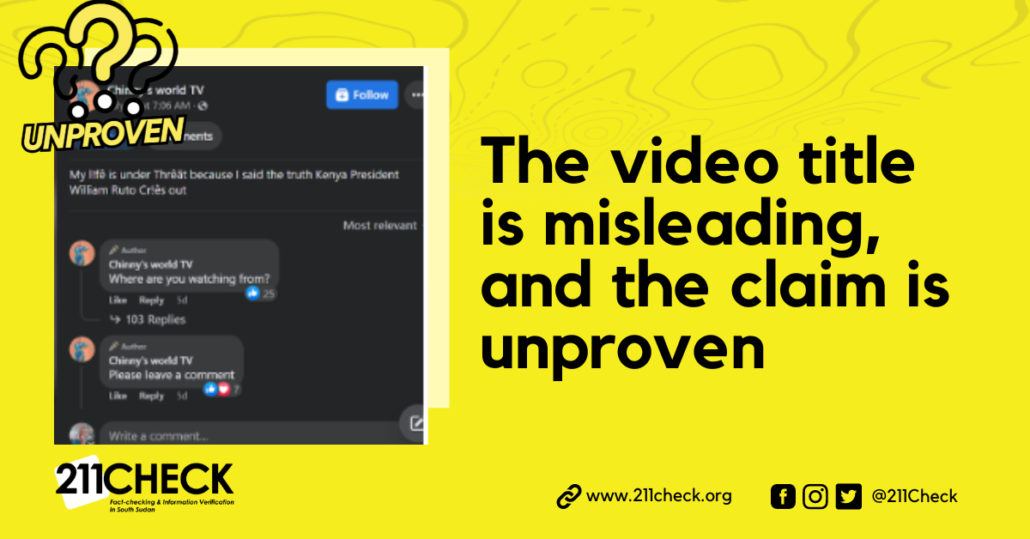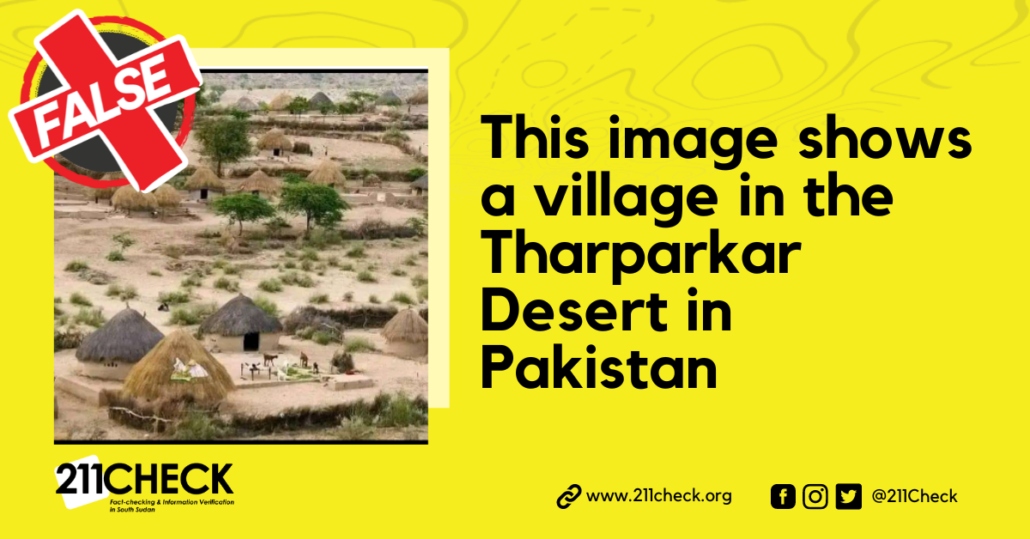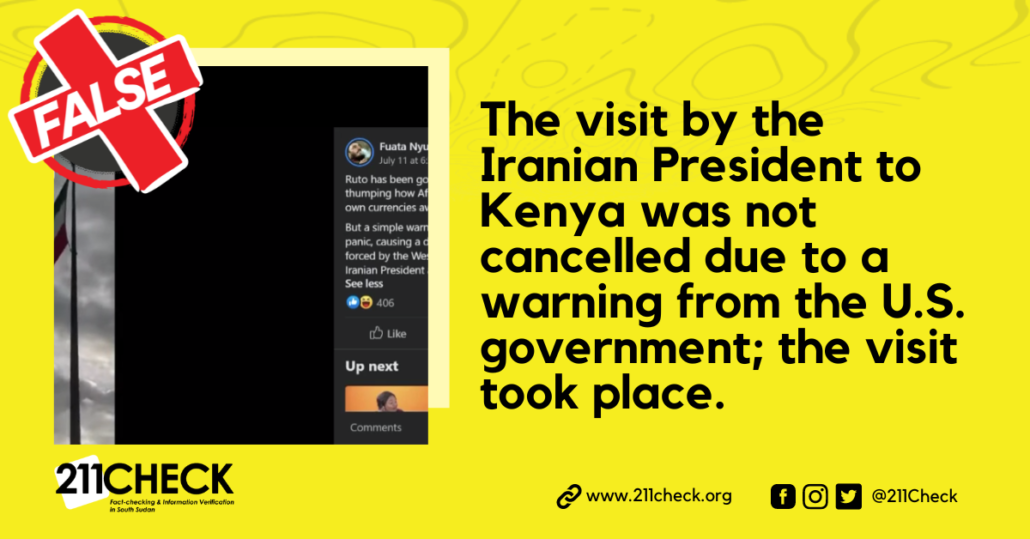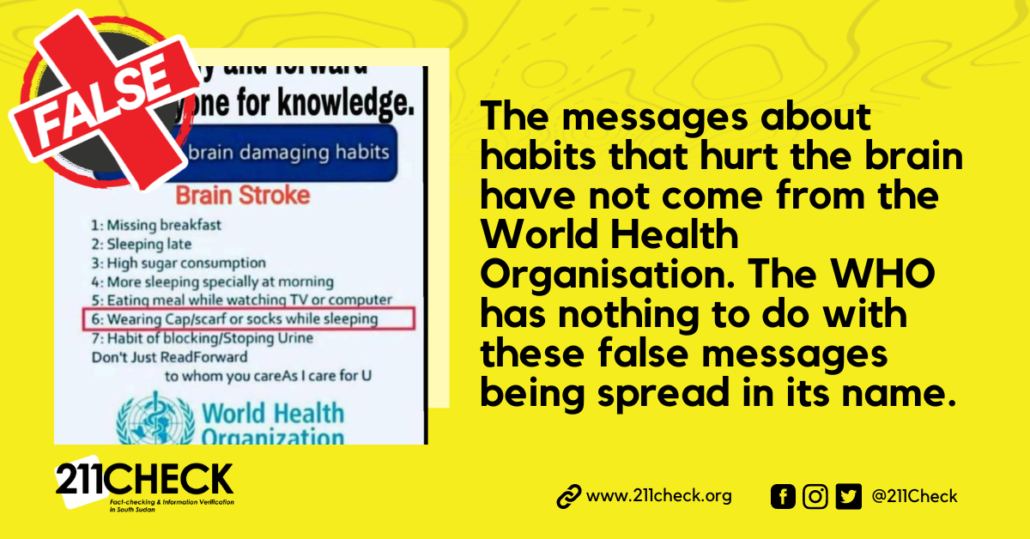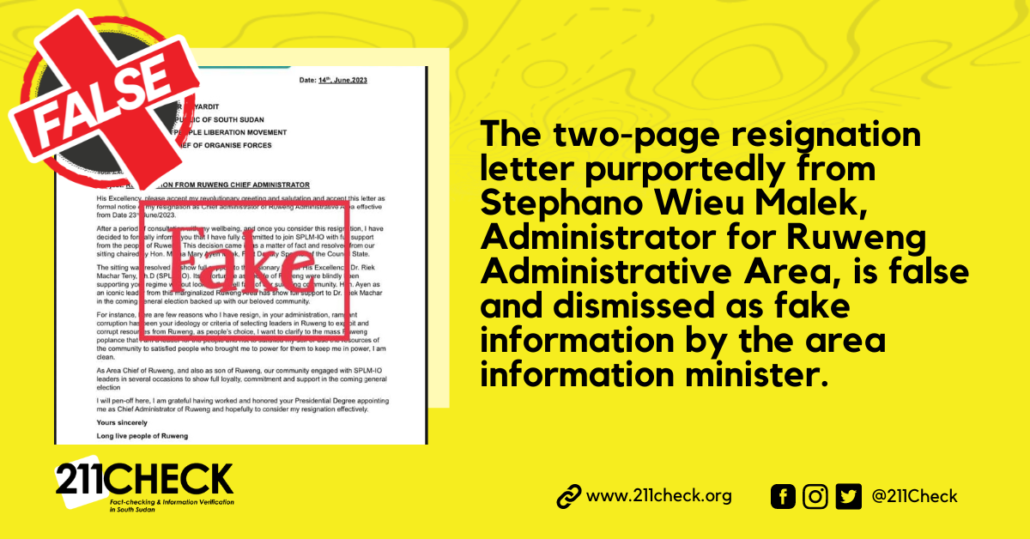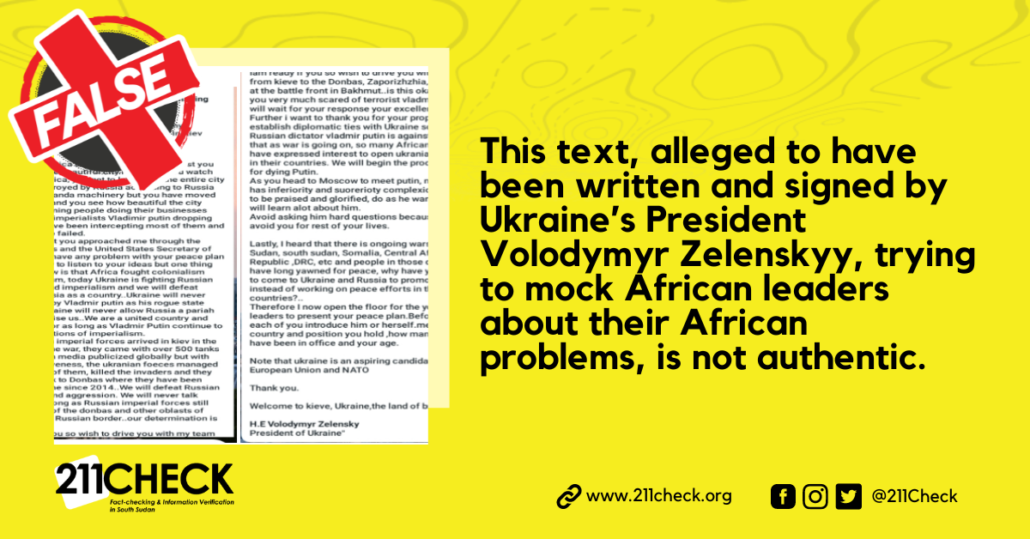Fact-check: No evidence low sugar intake, hot lemon juice and organic coconut oil can cure cancer
There is no scientific evidence that supports the claim.
Writer: Beatrice Amude Paulino
A message circulating on WhatsApp claims that a ‘Dr. Gupta’ says: “No one should die of cancer except due to carelessness.”
The message also lists some steps to back up the statement: The first step is to stop all sugar intake; without sugar in your body, cancer cells can die naturally. The second step is to drink hot lemon juice for three months before eating food, and the third step is to drink three tablespoons of coconut oil morning and night.
The claim, which has also been shared here on Facebook, adds that the steps will eliminate cancer cells in the body.
No, stopping sugar intake cannot kill cancer:
211 Check investigated the claim and discovered that, according to the US National Cancer Institute, cancer cells usually multiply quickly, which takes a lot of energy. The primary energy source in our bodies is glucose, which comes from sugar. Cancer cells also need lots of nutrients such as fats and amino acids.
“Cancer cells, like all cells, require nourishment to flourish. Sugar is a significant fuel source but is far from the only one cancer needs,” says Memorial Sloan Kettering Cancer Center (MSK), a US-based research institute.
Can drinking hot lemon juice for three months cure cancer?
In the second step, the claim stated that hot lemon juice for three months could cure cancer.
Cancer Research UK, a registered charity that provides cancer information to the public, says that lemons contain properties like pectin, which, when modified, is an alternative therapy.
Still, according to the National Center for Health Research, lemons are not proven or considered a remedy for fighting any type of cancer. No studies have been done to compare the effectiveness of lemon juice to chemotherapy.
Can taking three tablespoons of organic coconut oil morning and night cure cancer?
The third step claims that taking three tablespoons of organic coconut oil morning and night will make the cancer ‘disappear’. The claim doesn’t specify how long this should be done.
The Harvard School of Public Health says that although coconut oil has many health benefits, they are tied to oil with a special formulation made of 100% medium-chain triglycerides (MCTs), which is not available in coconut oil usually found in commercial stores. Also, coconut oil mainly contains lauric acid, which is not an MCT but has been found to inhibit the growth of colon cancer cells. However, it is not established as a cure.
Furthermore, the World Health Organization(WHO) fact sheet has not mentioned any scientific proof supporting lemon, a sugar-free diet, or organic coconut oil curing cancer.
211 Check also found debunks by Africa Check, Full Fact, and Factly, which disputed the claims and the doctor.
Conclusion:
211 Check finds the claim that hot lemon water, sugar-free diets, and organic coconut oil can cure cancer unproven. The claim is a long-running social media hoax, and no scientific data or studies have shown that lemon, a sugar-free diet, and organic coconut oil can cure cancer.
This fact check was published by 211 Check with support from Code for Africa’s PesaCheck and African Fact-Checking Alliance.
To ensure accuracy and transparency, we at 211 Check welcome corrections from our readers. If you spot an error in this article, please request a correction using this form. Our team will review your request and make the necessary corrections immediately, if any.It’s vital to fight misinformation and disinformation in the media by avoiding fake news. Don’t share content you’re uncertain about. False information can harm and mislead people, risking lives—Fact-check before sharing. For more details, visit https://211check.org/ or message us on WhatsApp at +211 917 298 255. #FactsMatter

